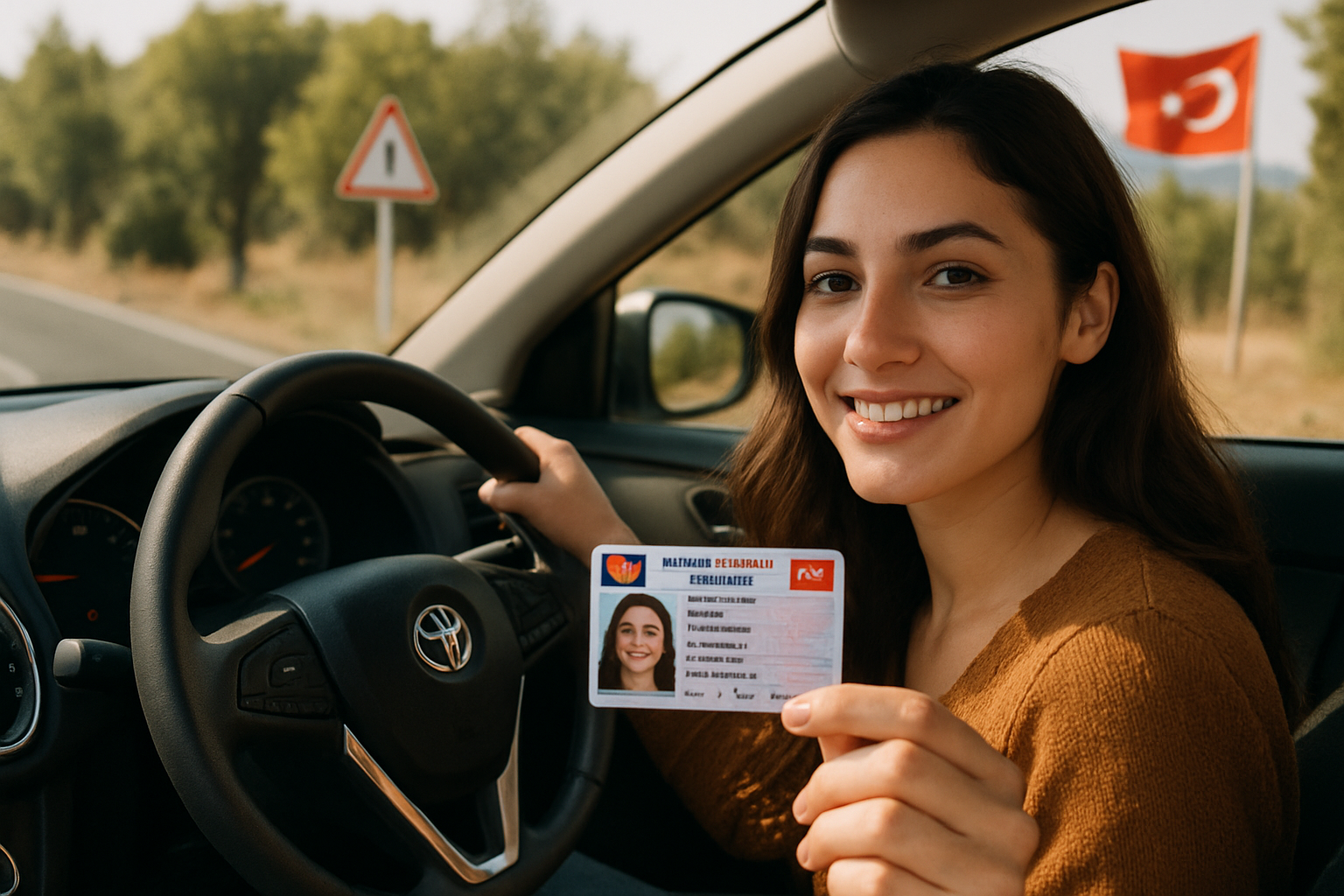Driving Laws in Turkey: Getting a License and Rules

Relocating to a new country comes with plenty of excitement, but driving can add layers of uncertainty—especially when adapting to new laws and processes. As Turkey continues to attract expats, understanding Turkish driving laws is essential for seamless everyday living. Whether you need to get behind the wheel for work, errands, or weekend getaways, knowing how licensing and road regulations work will make your transition much easier.
Understanding Driving Eligibility in Turkey
Before you hit the road, check if your current driving license allows you to drive in Turkey. Many expats from European Union countries, the United States, and certain other nations can legally drive using their foreign license for a limited time after arrival—usually six months. However, after this period, Turkish authorities require you to obtain a Turkish driving license.
- EU and EFTA countries’ licenses are valid for up to six months
- You must always carry your passport and a valid visa or residence permit along with your license
- If your license is not in Latin script, you need to carry a notarized translation
- After six months, a Turkish license becomes mandatory
Staying informed about these basic requirements avoids unnecessary fines and lets you focus on exploring Turkey with peace of mind.
How to Obtain a Turkish Driving License
Expats ready to make Turkey their home for more than six months should apply for a Turkish driving license. The process rewards preparation and patience, but many find it manageable, especially when you know what to expect.
- First, gather your existing driving license, residency permit, passport, and medical report from a state-approved doctor.
- Next, get a certified translation of your license (if not in Turkish or Latin alphabet).
- Visit the local traffic registration office (Emniyet Müdürlüğü) with all documents, four biometric photos, and pay the application fee.
- If your license is not eligible for direct conversion, you’ll need to enroll in a driving school and pass both theory and practical tests in Turkish.
- Once approved, your Turkish license will be issued. Your former license gets returned to the embassy or the relevant consulate.
Completing the process enables you to drive legally and confidently. Having a Turkish license also serves as a local ID in many situations, saving time at police checks or rental agencies.
Key Turkish Road Rules Every Expat Should Know
Driving in Turkey has unique features that may differ from those in your home country. Understanding these essential road rules helps you stay safe and avoids unwanted penalties.
- Drive on the right-hand side of the road.
- Speed limits are posted in kilometers per hour: 50 km/h in urban centers, 90 km/h on rural roads, and 120 km/h on highways, unless otherwise marked.
- Seat belts are mandatory for all occupants.
- Use of mobile phones without a hands-free device is strictly prohibited.
- It is illegal to drive with any amount of alcohol in your system as a professional driver; for private drivers, the limit is 0.05% blood alcohol content.
- Children under 150 cm or younger than 12 years old must sit in the back seat and use a child seat.
Complying with these regulations ensures smooth interactions with local traffic police and creates a safer environment for everyone on the road.
Insurance, Vehicle Documents, and Emergency Protocols
Proper documentation and insurance are essential when driving in Turkey. Always ensure your paperwork is up to date before starting your journey.
- Carry your Turkish license, registration, and at least third-party liability insurance at all times.
- Green Card insurance is required for vehicles arriving from abroad.
- Your vehicle must pass regular inspection (TÜVTÜRK) as per regulations, and you should keep the inspection certificate in the car.
In the event of an accident, stop your car safely, turn on your hazard lights, and set up your warning triangle. Document the accident with photographs, avoid moving the vehicles if injuries have occurred, and call 155 for the police or 112 for medical emergencies. This protocol helps you stay protected and cooperative during stressful situations.
Insider Tips for Hassle-Free Driving as an Expat
Mastering Turkish traffic goes beyond the rules; local insights can make your daily commute or road trips far more pleasant.
- Avoid driving in major cities during peak hours; congestion can be intense.
- Use navigation apps with real-time traffic updates to find the quickest routes.
- Public parking can be limited in city centers, so try to use designated lots or garages.
- Learn basic Turkish road signs to navigate more efficiently, even if you are not fluent in the language.
- Be prepared for sudden changes in driving styles, particularly in urban or rural areas.
Integrating these practical tips into your routine lets you enjoy Turkey’s sights and experiences—without added stress. From Mediterranean coastlines to buzzing city squares, confident driving opens doors to unforgettable adventures.
Adjusting to Turkey’s driving laws may seem daunting, but preparation brings freedom and flexibility to life as an expat. Embrace the process and soon, Turkish roads will feel as familiar as those back home.
